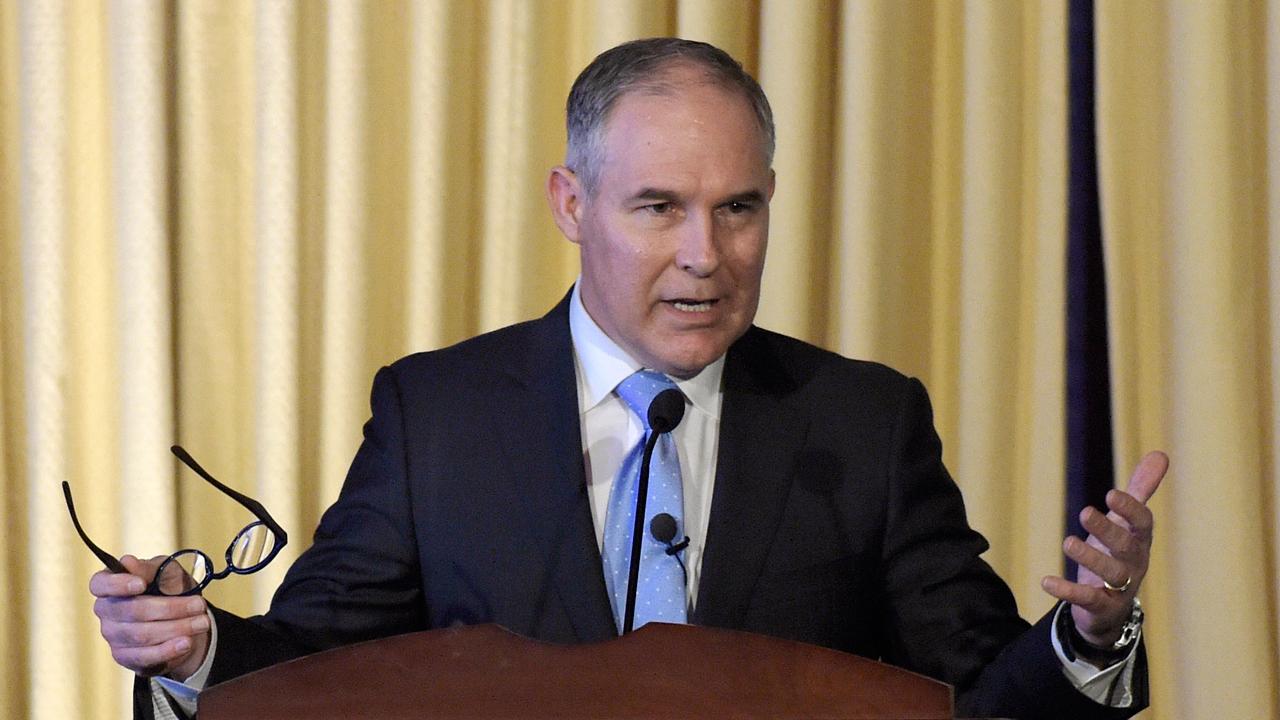Paris accord put U.S. at disadvantage with China: EPA’s Pruitt
EPA Administrator Scott Pruitt says President Trump’s decision to withdraw the U.S. from the Paris climate accord puts the country's priorities in the right place, telling the FOX Business Network's Stuart Varney, "what we ought to be focused on Stuart is exporting the innovation and technology that we’ve been using for decades to reduce our CO2 footprint, not agreeing to targets that can’t be met.”
Pruitt says the U.S. has reduced its C02 footprint without the Paris agreement.
“People don’t realize this but we’re at pre-1994 levels right now in this country with respect to our C02 footprint and we’ve reduced our C02 footprint by 18-plus percent since the year 2000 and we’ve done that through innovation and technology, not because of a deal cut in Paris.”
Pruitt says the EPA is shifting its priorities to a new model that focuses on a mix of energy sources that lead to a reduction in C02 emissions.
“I think where the EPA has made a mistake historically is they’ve tried to pick winners and losers in the energy mix. And what we ought to be focused on is fuel diversity in generating electricity, from coal, to natural gas, to hydro, to nuclear and we can do that in a way that reduces that CO2 footprint.
Pruitt saw the Paris agreement as putting the U.S. at a disadvantage globally.
“We led the world, we have nothing to be apologetic about. You know, what Paris represented was an apologetic’s view, setting artificial targets that contracted our economy, that put us at a disadvantage with China and India and Europe, that’s the reason they want us to stay in it.”
Pruitt didn’t see reducing CO2 emissions and growing the U.S. economy as mutually exclusive, telling Varney, “Absolutely we should be focused on upon using the greatest innovative technology to keep emission levels low in all areas and also growing an economy.”
Though Pruitt conceded a human impact on global warming, he questioned the modeling used in measuring the impact.
“The modeling that has been used over the last several years is absolutely been questionable. What we do know is human activity contributes to warming, what we do know is it’s very difficult to measure with precision the amount of human activity contributing to the warming.”




















